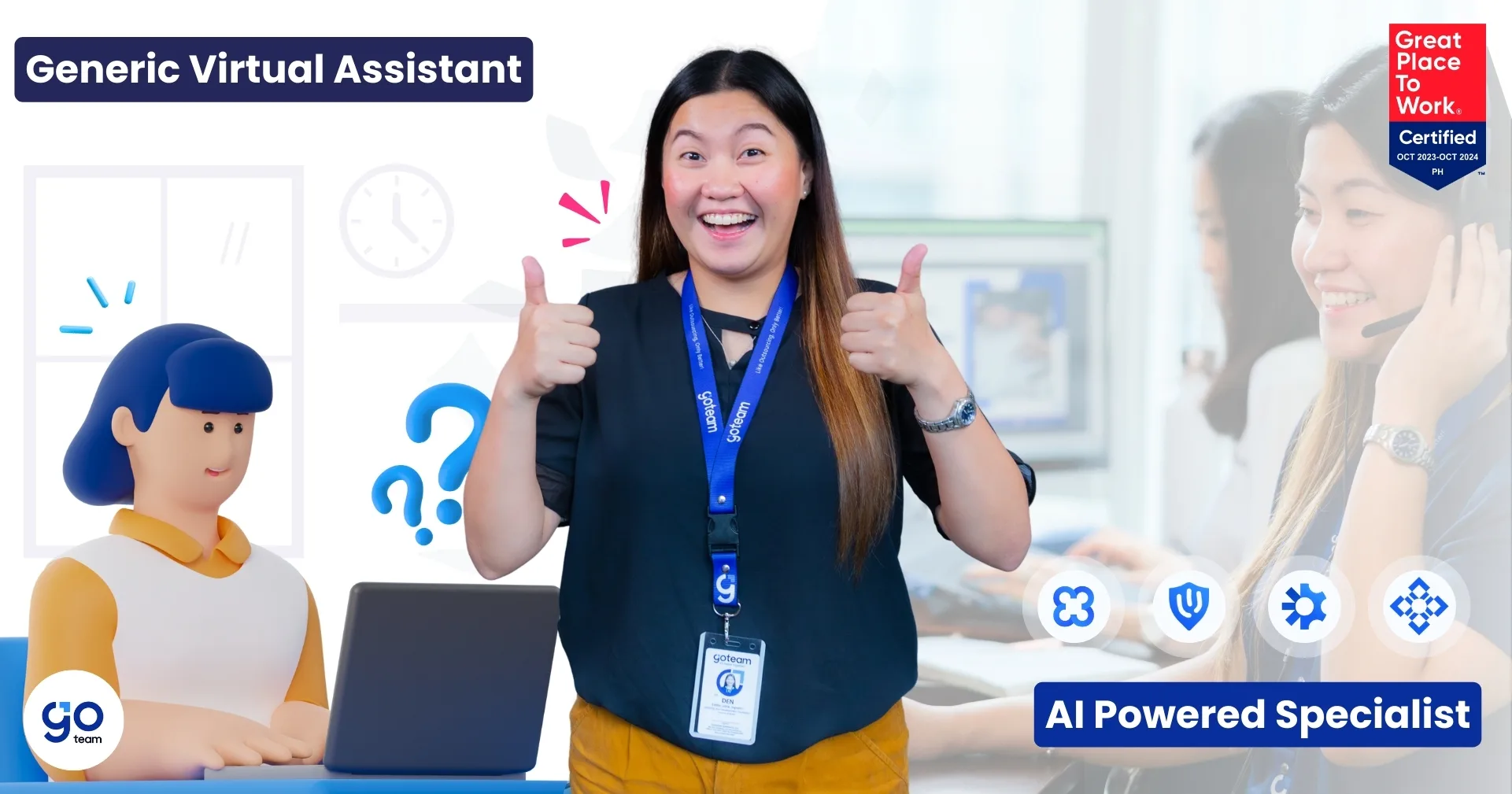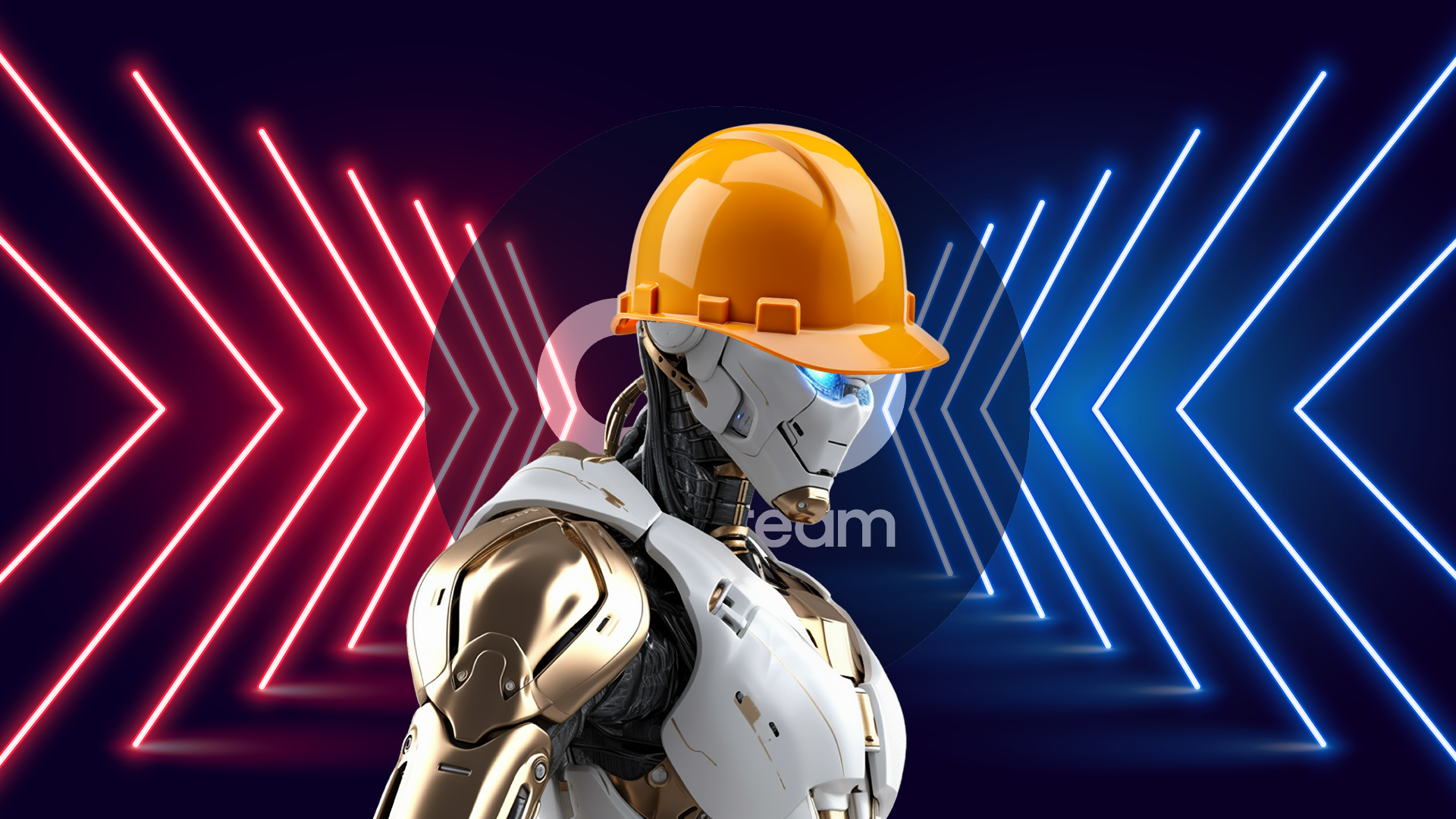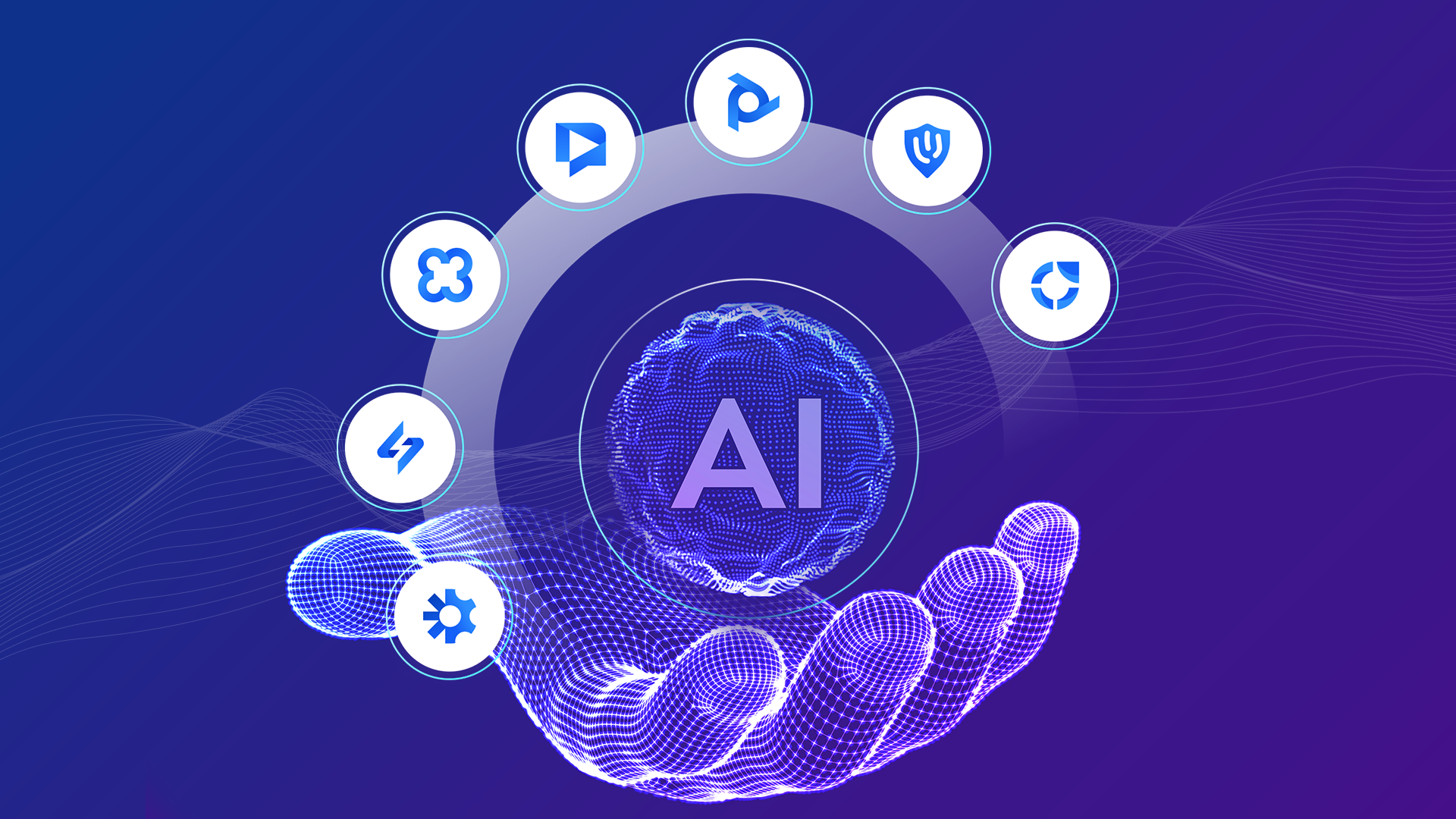Generic Virtual Assistant vs AI-Powered Specialist

Remarkably, technology is advancing at an exponential rate and the landscape of virtual assistants hasn’t escaped the transformative influence of its evolving power. In business outsourcing, the emergence of artificial intelligence (AI) has significantly changed how tasks are managed and handled.
Generic virtual assistants have long been the go-to solution for businesses seeking support in various operational and administrative tasks. However, the emergence of AI-Powered Specialists has presented an alternative that commits to revitalize the outsourcing industry. Now, let us explore the key differences between a generic virtual assistant and an AI-powered specialist, uncovering its specific attributes in business outsourcing.
The Generic Virtual Assistant
Generic Virtual Assistants or sometimes referred to as Standard Virtual Assistants are often sourced from outsourcing or offshoring companies. This type of virtual assistant has been a popular choice for businesses looking to delegate administrative or routine tasks. They are versatile human agents that are able to handle a range of responsibilities and tasks.
Additionally, virtual assistants are in demand because they’re skilled and flexible in handling numerous tasks, making them crucial for organizations aiming to simplify processes and improve overall efficiency and operations.
The Emergence of AI-Powered Specialist
On the other hand, the advancements in technology and AI have paved the way for AI-powered specialists to emerge in the business outsourcing sector. These specialized virtual assistants leverage natural language processing and machine learning algorithms to perform distinct tasks with accuracy and high efficiency. Moreover, AI-Powered Specialists are designed to handle tasks that require a deep understanding of patterns, data, and complex processes.
According to a 2022 study conducted by IBIS World, businesses experienced significant improvements by employing AI-powered specialists for complex computations and data analysis.

Indeed, this highlights the crucial impact of AI in streamlining operations.
Performance Metrics - Virtual Assistant vs AI-Powered Specialists
To give you an extensive overview, let’s dive deeper into the research study conducted by Market Research on the performance metrics of a Generic Virtual Assistant and AI-Powered Specialists in the year 2022.
1 . Task Completion
- AI-Powered Specialists: Persistently deliver high-speed performance in tasks requiring processing, data analysis, and pattern recognition.
- Generic Virtual Assistants: Exhibit flexibility but may vary in speed based on individual capabilities and workloads.
2. Error Rates
- AI-Powered Specialists: Demonstate low error rates due to their ability to adhere strictly to predefined processes and patterns.
- Generic Virtual Assistants: Prone to human errors, specially in complex and repetitive tasks.
3. Adaptability
- AI-Powered Specialists: Specialized, adapatable, and proficient in certain tasks and responsibilities.
- Generic Virtual Assistants: Easily adapt to changing tasks and requirements, making them suitable for a broad range of responsibilities.
The dynamic contrast between these two types of virtual assistants emphasizes the critical shifts in error reduction and heightened efficiency. As of today, the demand for skilled and adaptable virtual assistants remains high. Also, this reflects their integral role in meeting the transforming needs of businesses.
Ready to explore the future with AI-Powered Specialists for your business? Contact us today to discover tailor-made solutions precisely aligned with your goals and aspirations.






